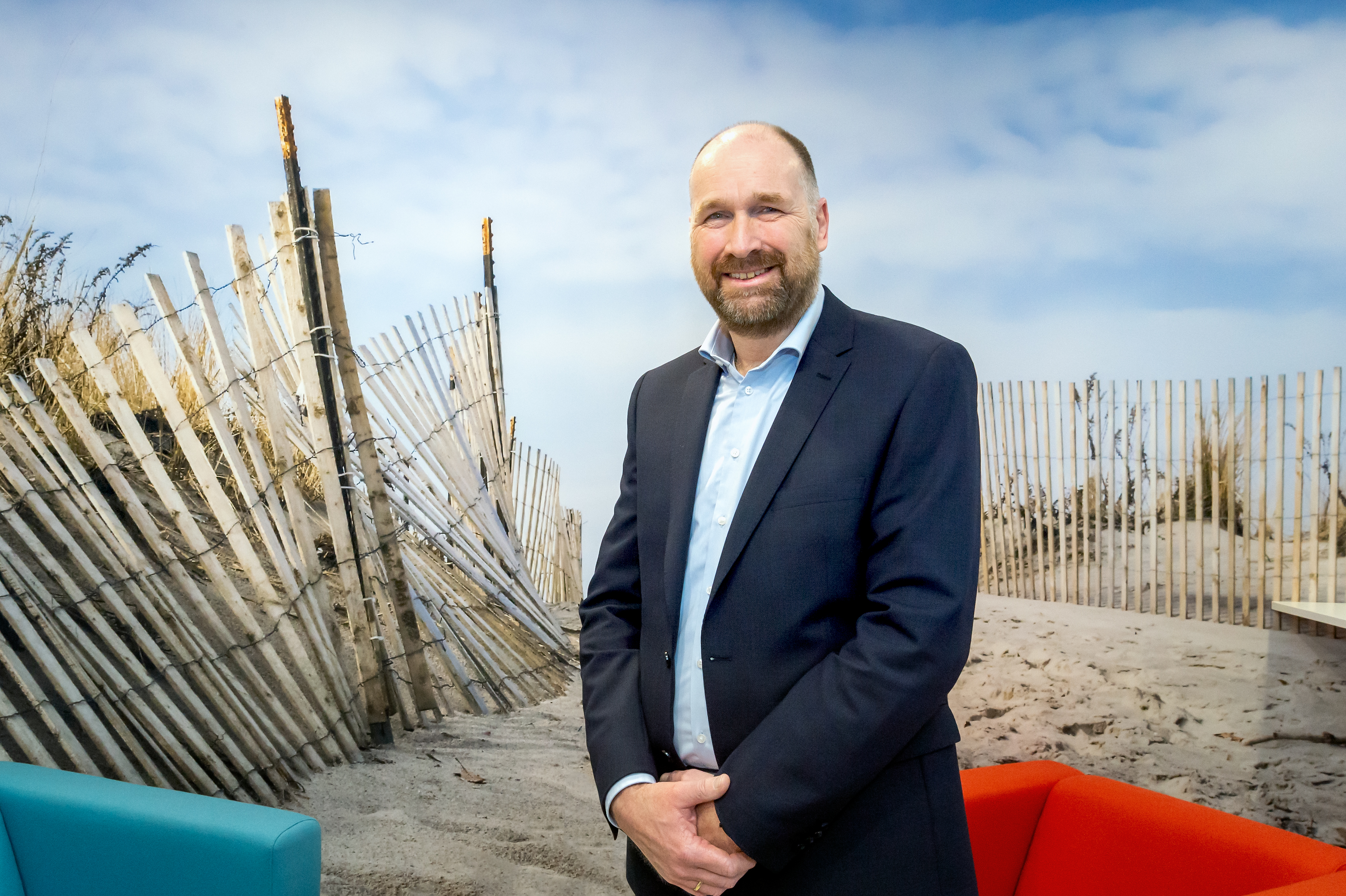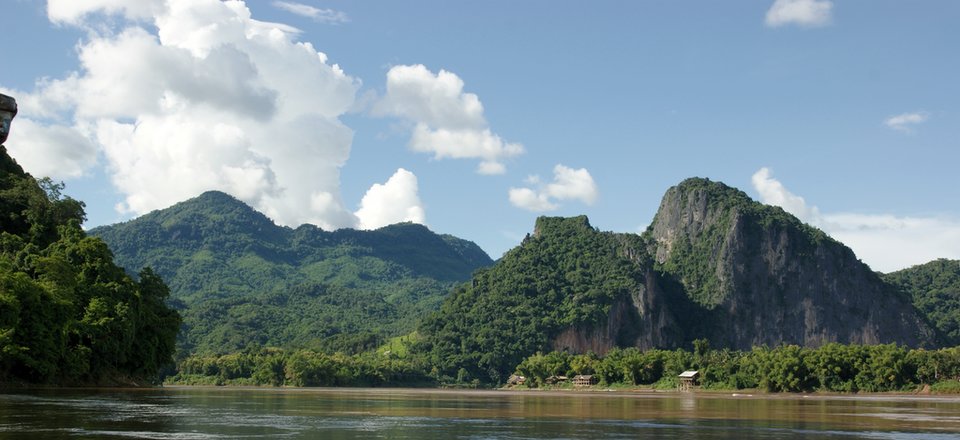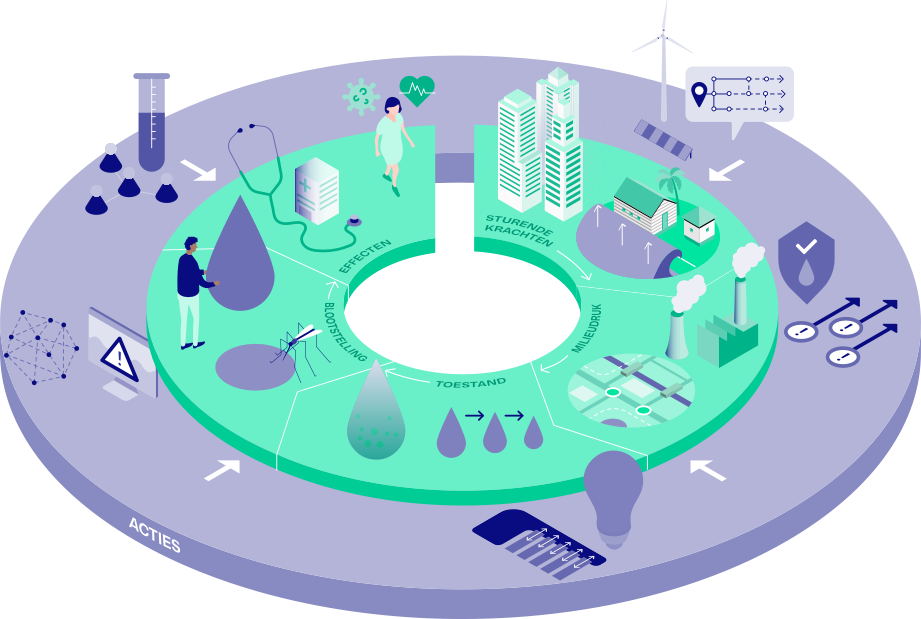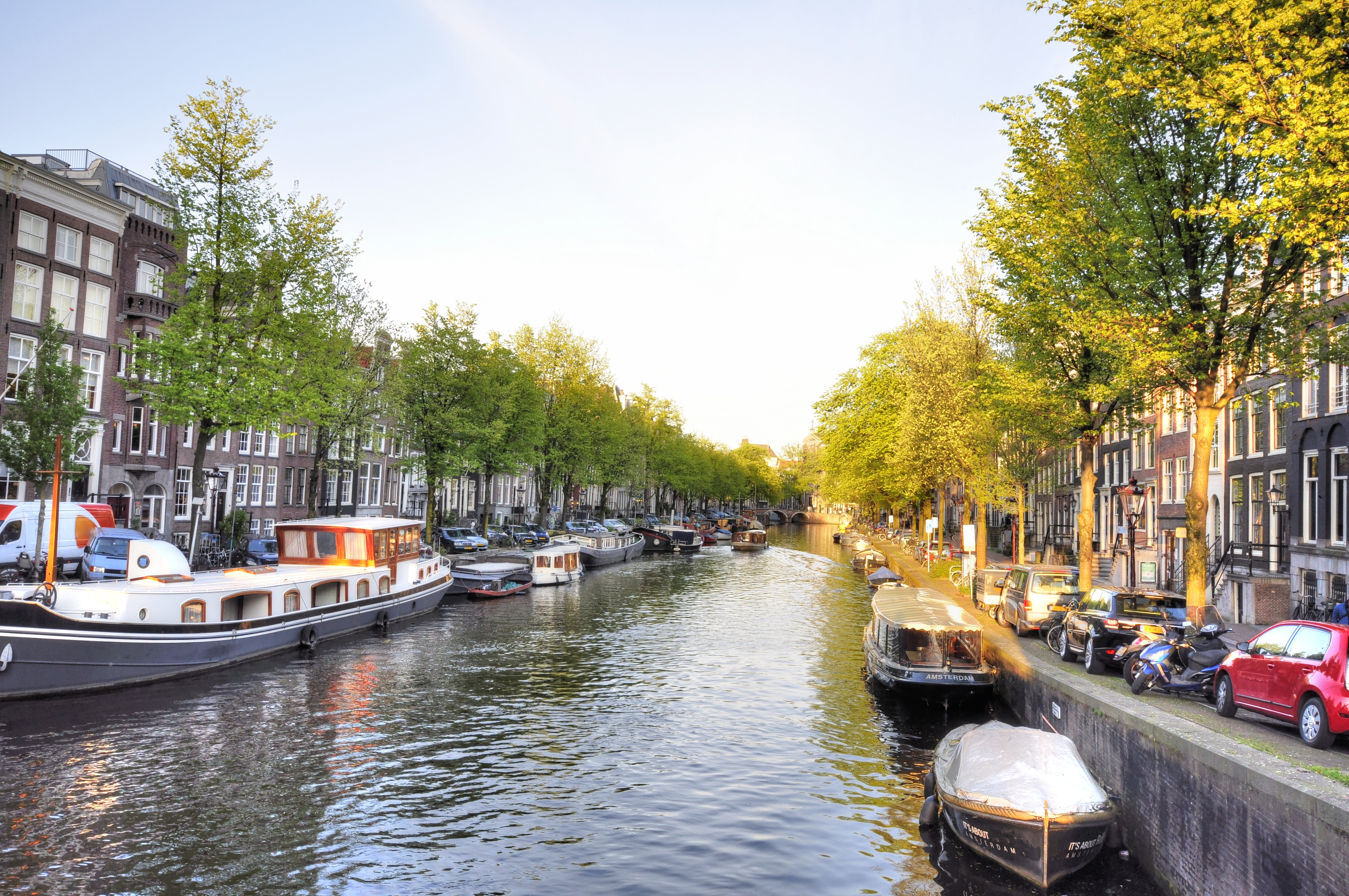Deltares short
Dirk-Jan Walstra appointed to Board of Directors

Dirk-Jan Walstra has been appointed to the Deltares Board of Directors in succession to Erik Janse and Ron Thiemann. Erik Janse...
Read more
Floods in Southeast Asia better mapped

The 3000 - kilometer- long Mekong River flows through different countries of Southeast Asia, being the third longest river of Asia...
Read more
WHO integrates broader water management aspects for climate resilience water supply and sanitation

Deltares applied the DPSEEA (driving forces, pressures, state, exposure, effects, actions) approach to show how understanding of climate change, water management and effects on human health...
Read more
Will urban water be ready for multiple uses by 2040?

A new instrument has been developed to provide an answer to this question. In January, Suzanne van der Meulen received her doctorate at Wageningen University for her thesis ‘Functional quality of urban...
Read more
Dirk-Jan Walstra appointed to Board of Directors
Dirk-Jan Walstra has been appointed to the Deltares Board of Directors in succession to Erik Janse and Ron Thiemann. Erik Janse will retire in March. Ron Thiemann, who - just as Erik - has been a director at Deltares since its inception, will retire in June. Following Ron Thiemann's departure, the Deltares Board of
Directors will consist of two members: Dirk-Jan Walstra and Annemieke Nijhof. Dirk-Jan Walstra (54) has worked at Deltares since 1996. In 1994 he graduated from TU Delt in civil engineering, and in 2016 earned his PhD from TU Delft. After graduating, Dirk-Jan was based in South Africa, working for CSIR-Environmentek until 1996.
At Deltares, he worked on various (inter)national projects, becoming the Head of the Applied Morphology Department in 2014. In 2019 Dirk-Jan became the Manager of the Hydraulic Engineering Unit and a member of Deltares’ Management Team. From 2005 to 2017 he was also an associate researcher at TU Delft and a guest lecturer at several universities, including Utrecht University and Twente University.
More information
Dirk-Jan Walstra appointed to Board of Directors
WHO integrates broader water management aspects for climate resilience water supply and sanitation
Deltares applied the DPSEEA (driving forces, pressures, state, exposure, effects, actions) approach to show how understanding of climate change, water management and effects on human health can be translated into environmental actions, complementing health interventions. This conceptual framework and our recommendations for environmental monitoring, vector-borne disease management, and inclusion in Integrated Water Resources Management, have been incorporated into the strategy document of the World Health Organisation (WHO): Water, sanitation, hygiene, climate change and health, 2023-2030. Bruce Gordon (unit head Water, Sanitation, Hygiene and Health (WASH) at the Department of Environment, Climate Change and Health, WHO): “The framework helped us conceptualize the broader context of climate change and water management. It supports a more encompassing approach to water supply, sanitation and hygiene for improved health. WHO will work with national governments and other partners to ensure that our focus areas will contribute to better climate resilience and improved health.” Eline Boelee, expert water & health: “we are very happy that our analysis and recommendations can now be applied by WHO and partners to mainstream broad water and climate issues in water supply and sanitation”.
Deltares’ systematic approach not only shows the causal pathways from climate change to health impacts, but offers clear entry points for various actions to help communities go from vulnerability to resilience. Typical Deltares actions include monitoring, modelling and early warning, as well as integrated water management and disaster risk reduction. The approach is further elaborated in the infographic.
More information
Infographic: Water and health
Will urban water be ready for multiple uses by 2040?
A new instrument has been developed to provide an answer to this question. In January, Suzanne van der Meulen received her doctorate at Wageningen University for her thesis ‘Functional quality of urban surface water’. This thesis describes a new framework for the assessment of the functional quality of urban surface water.
Society uses urban water – canals and ponds – for a wide range of purposes. For her doctoral research, Van der Meulen conducted in-depth interviews with water management authorities and spatial planners in Amsterdam and Toronto. She found that the uses to which urban surface water will be put will be even more intensive and wide-ranging by 2040.
Floods in Southeast Asia better mapped
The 3000 - kilometer- long Mekong River flows through different countries of Southeast Asia, being the third longest river of Asia. The river is not just a source of life and income for the local population, but also to the world through the abundance of fresh water, fish and gigantic rice production taking place within its basin.
Through climate change and changing landscapes the population within the region experiences more floods as well as droughts, which have a large negative impact on their lives and livelihoods. As more and more floods and droughts will occur, the need for (real time) information around these disasters is increasing. Through satellite data we made it possible to monitor and forecast those floods and droughts near real-time with increasing accuracy. SERVIR Mekong has integrated satellite data into publicly accessible tools that improve and strengthen locally developed and sustainable solutions to address the climate crisis.
Deltares has worked the last 8 years on making available and improve satellite-derived data within the SERVIR-Mekong project together in a consortium of 4 parties. The hub lead is the Asian Disaster Preparedness Centre (ADPC), which works with the Spatial Informatics Group (SIG), Stockholm Environment Institute and Deltares. SERVIR is a program of NASA and USAID, with several regional hubs active across the globe.

